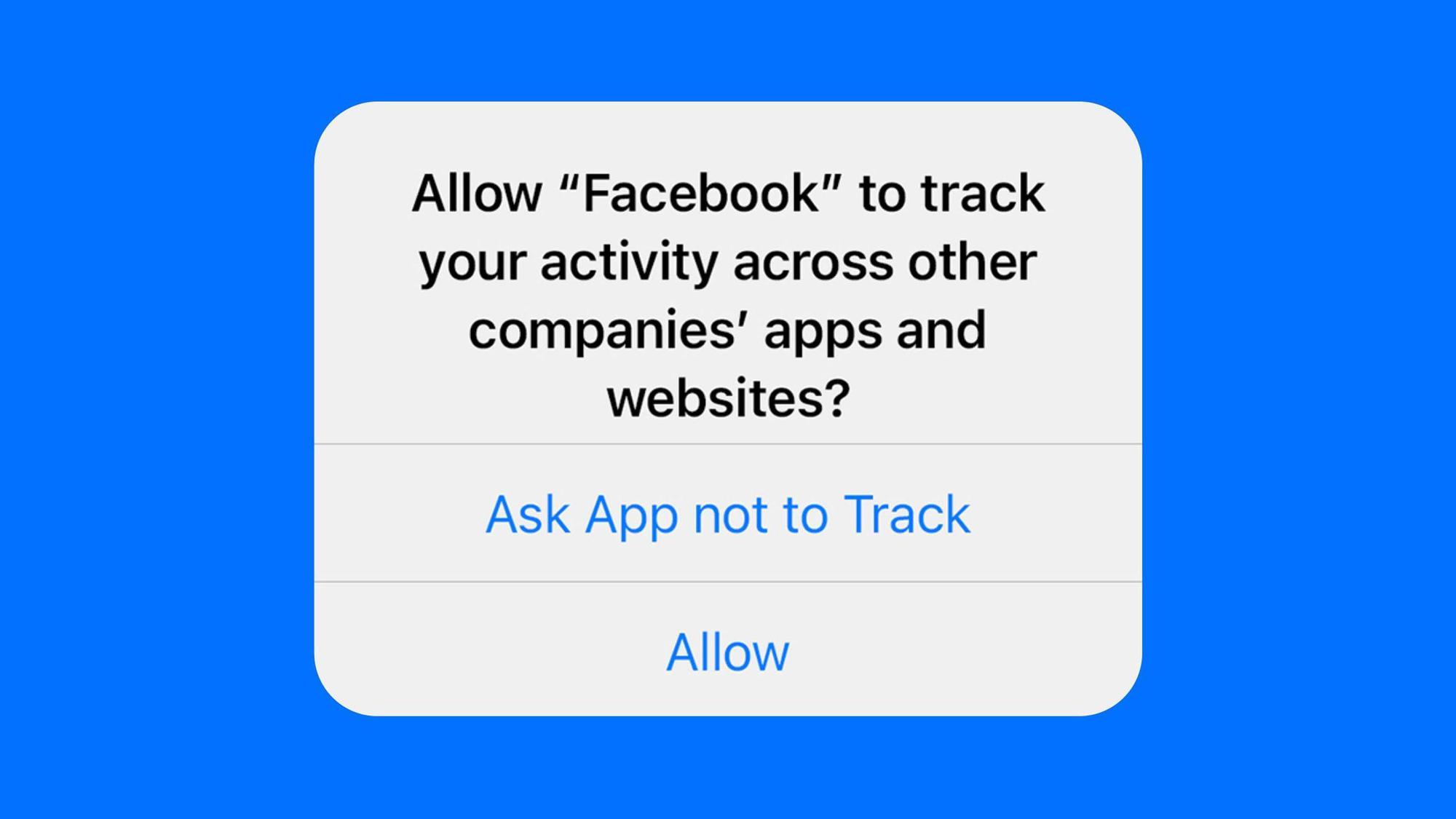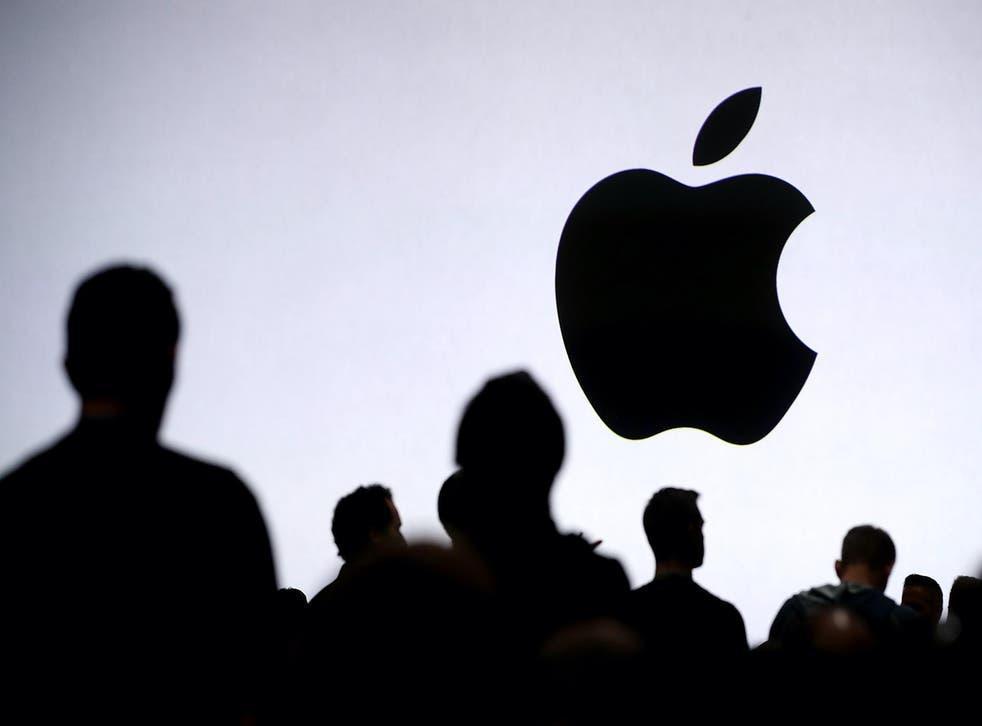From April, Apple made privacy changes on the iOS operating system. Every time you open the application, the user will see a window pop up and ask whether to allow the application to track the user for advertising purposes or not. They easily say no by clicking the “Ask App Not to Track” button (requires the app not to track).
More than six months later, that change began to affect the business results of other companies and showed Apple’s enormous power not only in the field of consumer electronics. Obviously, most iPhone users say no to tracking, and the App Tracking Transparency (ATT) feature represents a new challenge for carriers, from Snap to Facebook.
Big impact from small changes
It took several months before advertisers realized the full impact of the changes when iPhone users updated the operating system. The update divides iPhone users into two camps: those who allow tracking and those who don’t. According to an October report by advertising measurement firm AppsFlyer, 86% of running iOS devices have the ATT feature. Of those who see the window, 38% agree and 62% disagree with tracking.
Users who choose to agree to tracking are “more valuable than gold” to advertisers, Rosenfelder said, as they use the data they collect to tailor campaigns to users who don’t agree to tracking. .

ATT reverses the mechanism behind many mobile ads. Meta, Facebook’s parent company, warns its targeted ads have been significantly less effective since the ATT feature was rolled out. Facebook says revenue would have grown strongly in the third quarter if it hadn’t been for Apple’s changes.
Meta is one of the companies that has spoken out against the ATT feature the most, especially when Apple targeted the social network Facebook. For example, Apple CEO Tim Cook once mentioned the name Facebook on Twitter when mentioning privacy issues.
Meta responds by building its own systems inside apps, like the ability to buy products directly from Facebook, reducing the need for third-party tracking. CEO Mark Zuckerberg said the solution to set up an in-app store will become attractive and important for large businesses.
Snap’s stock was hit for the same reason. In the past, Snap CEO Evan Spiegel has praised Apple’s approach to privacy in interviews. The company also updated advertising products to match ATT changes.
But last month, Mr. Spiegel warned that the ATT feature threatens fourth-quarter results, which could be significantly lower than Wall Street’s forecast ($1.18 billion versus $1.36 billion). At the same time, he commented that Apple’s SKAdNetwork advertising performance measurement tool is not reliable, there are differences compared to other measurement solutions. In addition, Snap is also accelerating the development of its own technology to support customers.
In an interview earlier this week, Apple CEO Tim Cook declined to comment on the impact of ATT on other companies. Still, he said ATT was born to give users the power to decide what happens on their devices. He affirmed that Apple has always focused on empowering users, asking if they want to be tracked by the application. He also commented, if application developers win the trust of users, they will be allowed to follow.
Apple benefits
While the ATT feature is a “win” for users, it also benefits Apple’s Apple Search Ads product. According to Shani Rosenfelder, AppsFlyer Content Director, Apple’s search ad market share recorded strong growth. They have become the number 1 player, surpassing even Facebook, on iOS.

Apple’s advertising division focuses primarily on mobile advertising for apps, most notably Apple Search Ads. It allows developers to buy keywords on the App Store to appear in the same search box.
Apple doesn’t specifically disclose search ad revenue, but it does fall under its services division, which brought in $68.43 billion for the company in fiscal 2021.
Analyst Toni Sacconaghi estimates Apple’s search advertising division generates $4 billion in annual revenue and accounts for 60% of the iPhone app search ad market share. Search advertising is just one part of the overall mobile advertising market. Taken as a whole, the mobile ad market is worth $300 billion a year, and 20% of these ads are for mobile apps, or $60 billion, and iOS accounts for half of the pie.
Last quarter, Apple reported total revenue of more than $83 billion. So even if Apple expands its advertising business, it will still not be a significant source of revenue for “missing apples”. Its products can be more competitive because they access data that other advertising agencies cannot. The ATT feature focuses on restricting the transfer of data between third parties, and does not apply to direct Apple advertising. Therefore, Mr. Sacconaghi believes Apple will have some opportunities and benefits when advertisers look for better targeting metrics.
For companies that make money from selling ads like Facebook or Snap, ATT makes it harder for them to attribute a purchase as the result of a specific ad or campaign. This is what makes these companies collect more money from customers and let customers know their advertising dollars are not wasted.
Still, advertisers and companies affected by Apple’s privacy changes are confident the challenges are temporary. Advertisers want Apple to improve SKAdNetwork, which lags behind a tracking system based on device IDs.
SKAdNetwork requires advertisers to use “Apple’s fixed definition of success,” which means they can’t understand the impact of strategies based on characteristics like the time from viewing an ad to when it’s received. action (shopping) or time viewing an ad.
Apple’s change is just the first step towards an era of more private mobile advertising that relies less on individual user data and instead uses advanced statistics to measure the success of campaigns. marketing translation.